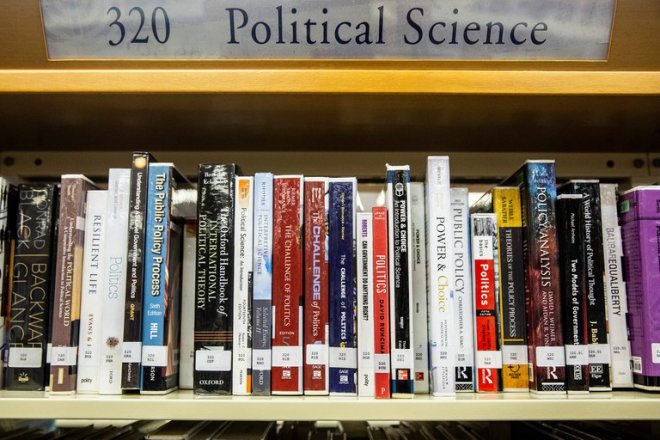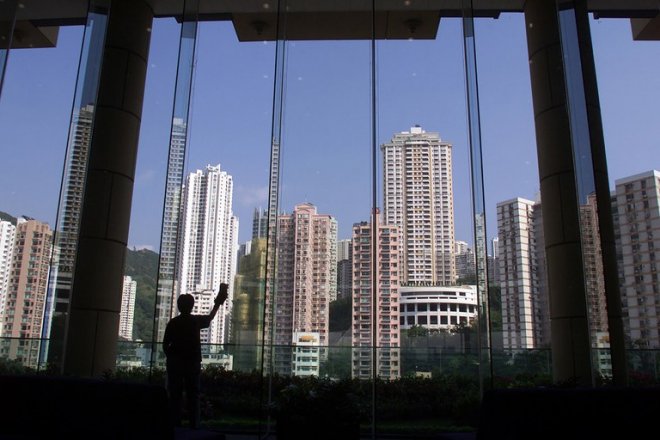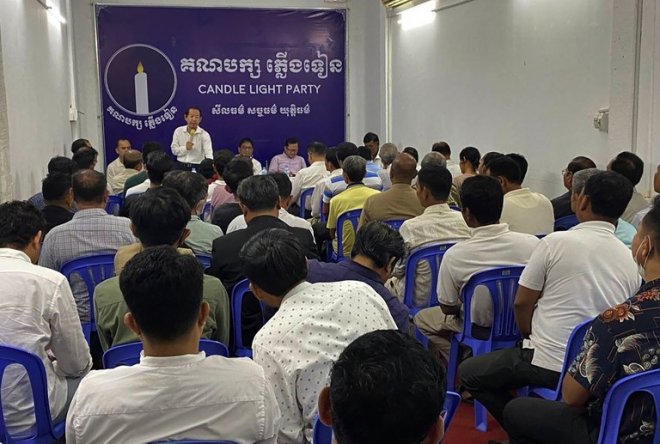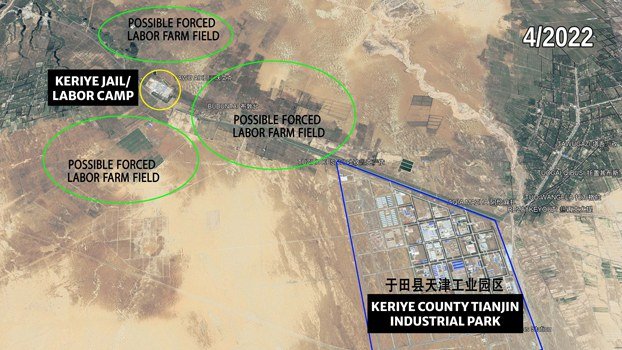Censorship in Hong Kong has led to ‘war’ on libraries and publishers
Some Hong Kongers are calling it a “war on libraries.”The number of books on offer at Hong Kong"s public libraries has fallen as officials remove books from shelves under a restrictive national security law imposed in the wake of the 2019 protest movement.
Since then, libraries have been required to remove politically sensitive titles from their collections, leading to a cull of books, and less time for staff to invest in new ones, according to the Leisure and Cultural Services Department.
"In order to maintain national security, more time is required to select suitable library materials, meaning that the size of the collection has also been reduced," the department said in a recent comment on an annual review of the city"s public library services.
"Inspection of library books to maintain national security is an ongoing effort in Hong Kong"s public libraries," it said in a response to a report from the city"s audit office. "From time to time, complaints from the public are received, which require inspection of library materials.”
Titles addressing the 1989 Tiananmen massacre, as well as books written by jailed protest leader Joshua Wong and Occupy Central movement founder Benny Tai, have disappeared from library shelves since the law took effect on July 1, 2020, according to local media reports.
Hong Kong is in the throes of a "war on libraries," said current affairs commentator Sang Pu, who called on the government to disclose full details of books that have been removed from the collection, and to reinstate them.
He also called on Hong Kongers overseas to set up a repository of banned titles so future generations would be able to read them and their content wouldn’t be forgotten.
Informers
The general public have been actively encouraged by police to inform on any words or deeds that could be deemed subversive under the law, which criminalizes dissent in the form of words or deeds that "incite hatred" of the Hong Kong or Chinese authorities, leading to more than 40,000 tip-offs last year.
Many of the books quietly disappeared from libraries after denunciations in the government-backed media, which said they broke the national security law, according to reports in pro-democracy news outlets, some of which have themselves been forced to close amid investigation by the national security police.
 Limited selection of Political science books are on a shelf in a public library in Hong Kong on July 4, 2020. Books written by prominent Hong Kong democracy activists have disappeared from the city"s libraries after Beijing imposed a draconian national security law. Credit: Isaac Lawrence/AFP
Limited selection of Political science books are on a shelf in a public library in Hong Kong on July 4, 2020. Books written by prominent Hong Kong democracy activists have disappeared from the city"s libraries after Beijing imposed a draconian national security law. Credit: Isaac Lawrence/AFP"Hong Kong public libraries completed its review of [existing] library books that are clearly not conducive to national security, and has removed them from the collection," the Hong Kong Audit Commission said in an annual report released on April 26.
But it added: "As of February 2023, inspections and follow-up actions are ongoing."
It said government guidelines require libraries to "safeguard national security by preventing activities that could endanger it."
"In purchasing library materials, considering book proposals, accepting book donations and adding to collections [by] purchasing books, libraries must ensure that their collections do not prejudice national security," it said, recommending that new acquisitions are processed through the government"s Book Registration Unit.
"If content is found in the collection that could violate the national security law, then loans of those materials must be suspended," it said. "The material can only be relisted after libraries have ensured that the content does not violate the law."
‘Not conducive” to creativity
The entire publishing industry is feeling the effects of the law, said published author Johnny Lau.
"It"s not just the libraries, but the entire publishing industry," Lau said. "In the current climate, a lot of people are censoring themselves."
"The publishing industry and library collections as a whole are shrinking, and fewer and fewer books are getting published," he said. "The restrictions are affecting some people"s desire to write books at all."
"This climate hinders both freedom of speech and publication," Lau said.
 A worker cleans a window of the Hong Kong Central Library overlooking high-rise residential buildings May 14, 2001 Credit: Bobby Yip/Reuters
A worker cleans a window of the Hong Kong Central Library overlooking high-rise residential buildings May 14, 2001 Credit: Bobby Yip/ReutersFormer Hong Kong bookseller Lam Wing-kei, who fled to the democratic island of Taiwan after being detained by mainland Chinese authorities for selling "banned" books to customers in China, said the government has no choice but to censor libraries under the national security law.
"The Leisure and Cultural Services Department must follow the policies of the Hong Kong government, which is now the same as the mainland Chinese government," Lam said. "No book with any kind of ideological issue is going to get published now."
"The current climate in Hong Kong isn"t conducive to creative work," he said.
Much as mainland Chinese writers used to get their banned books published in Hong Kong, authors who write about Hong Kong issues are now choosing to publish in Taiwan, where the publishing industry is much freer.
"There are more and more Chinese-language books getting published in Taiwan," Lam said. "Recent works include The Last Concession, which chronicles changes in Hong Kong, and Hong Kong Secret Operations about young people wanted [following the 2019 protests] who fled."
"It"s not just social commentary, but literary works as well," Lam said. "Taiwan is the only market for Chinese-language books in the world that remains free and open."
"More and more Hong Kongers are coming to Taiwan to buy books, and they"re surprised to see that there are so many being published here with a Hong Kong theme," he added.
Translated by Luisetta Mudie. Edited by Malcolm Foster.
|
本篇 |
不想錯過? 請追蹤FB專頁! |
| 喜歡這篇嗎?快分享吧! |
相關文章
AsianNewsCast























